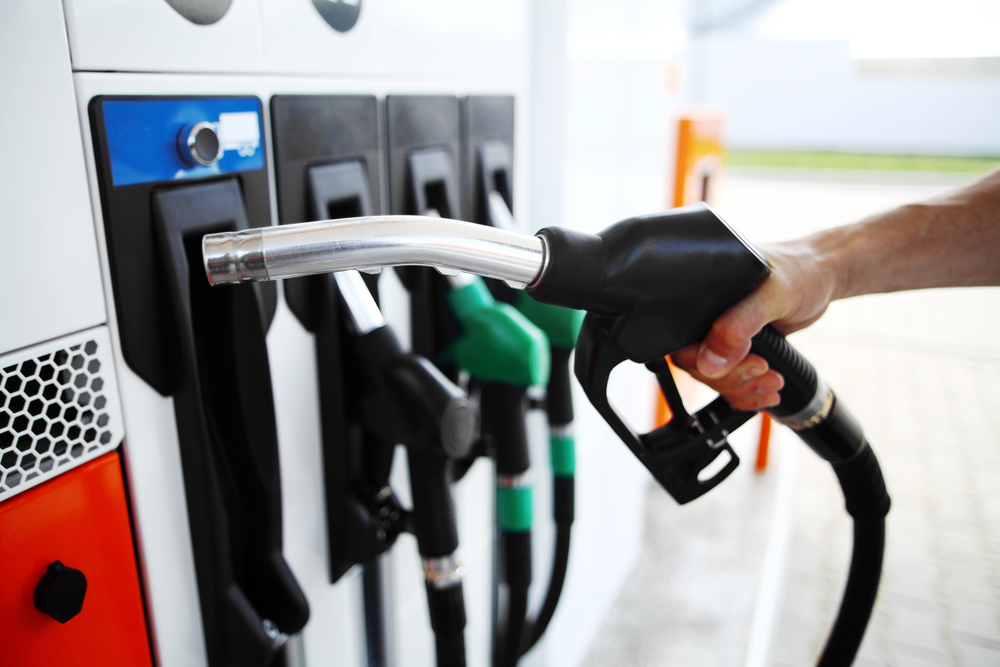
MANILA — The Department of Energy (DOE) on Thursday said the proposed 5.0-percent increased blend of biodiesel (B5) in retailed diesel products might be implemented by year-end.
DOE Undersecretary Zenaida Monsada said the target of increasing the coco methyl ester (CME) blend in retailed diesel from the current 2 percent (B2) to 5 percent is still scheduled this 2015.
”Perhaps by tail-end, but in terms of capacity to produce CME there is already,” she told reporters.
Monsada noted the department is keeping in mind the sustainability of supply and impact of the pricing to consumers.
She said the decision of DOE Secretary Jericho Petilla to await the completion of a cost-impact study for the fuel enhancer, has postponed the implementation of B5.
”What’s keeping it from being implemented is the impact study, because the Secretary said some drivers might rally due to the B5 being mandated,” she said.
Monsada said biodiesel presently costs Php 70 per liter. She said the implementation of B5 will certainly have a corresponding increase in the current diesel pump price of Php 26 per liter.
Its impact on farmers is also being assessed.
She said the National Biofuels Board (NBB) has completed last year the terms of reference that will be assessed by a University of the Philippines Los Banos (UPLB) consultant on the impacts of B5 to the farmers.
”We’re looking at its impact to the agricultural sector of the coconut industry. We want to find out in the study whether the farmer will really benefit, because maybe the middleman or CME producer will only gain from it,” the DOE official said.
Monsada said UPLB was chosen to undertake the study.
Monsada said the objective of the Biofuels Act of 2006 is to improve the quality of life of the agricultural sector in the countryside. The law mandates the minimum blend of biodiesel sourced from coconut, or CME, in all diesel products, and its gradual increase over time to reduce dependence on imported fuels.
At present, the DOE said there are 11 accredited biodiesel companies, with 11 projects in the country, as of December 31, 2014.
The increase to B5 is among the DOE’s accomplishment targets under its Php 3.32 billion budget for 2015.
It was initially targeted to be implemented in 2013, but was blocked by soaring coconut prices due to several storms that affected the industry.